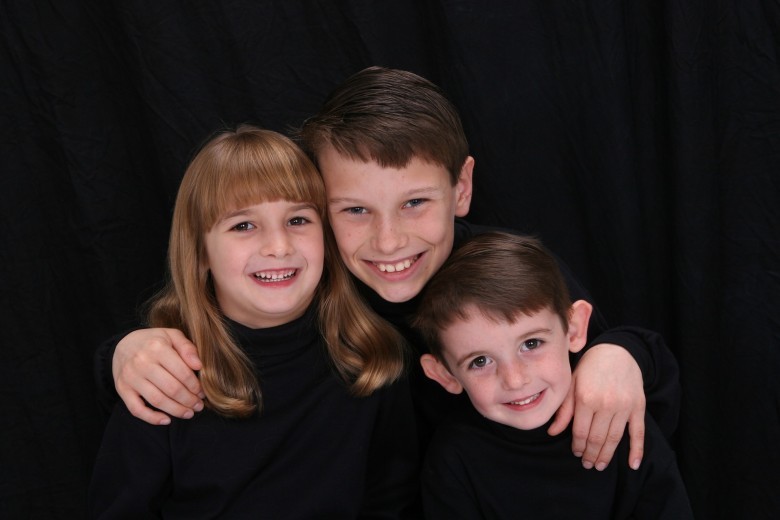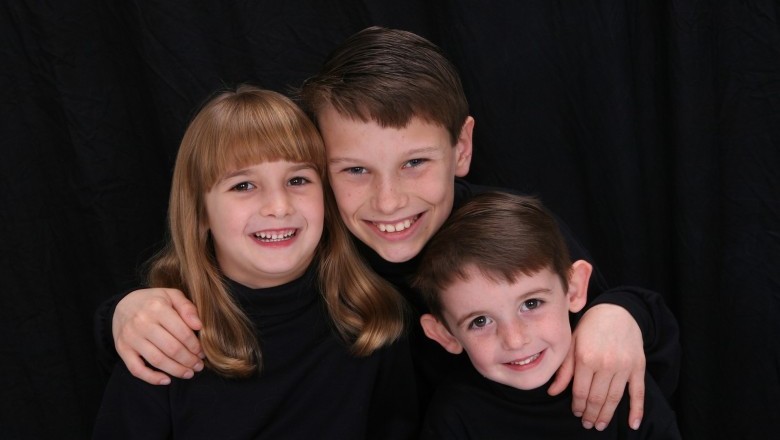
Middle Child Syndrome - Fact Or Fiction
We often hear parents of multiple children agreeing with each other that their middle child displays typical behaviors associated with what is commonly referred to as "middle child" syndrome. In this article, we look at the birth order of siblings and what one eminent psychologist had to say about its effects on our personality.
Psychiatrist Alfred Adler was a contemporary of Sigmund Freud and Carl Jung, the original "fathers" of studying the intricate workings of the human mind. Adler had some very definite ideas about family and social interactions. His primary contribution to understanding human nature was in terms of social interest, which he defined as a persons willingness to participate in lifes "give and take" with others. Healthy people with an adequate social interest interact with others in a helpful manner.
Once Adler came upon his theory of social interest, he took it a step further. The concept of birth order was his study of sibling interactions and psychological aspects at birth, or more precisely, how being the first, middle or youngest child affected the persons social interaction later on in life. We are all intrigued when it comes down to finding out why we do the things we do. While you read through the Adlers following breakdown, think about your own position in regards to your siblings:
- The oldest child tends to be analytical, detailed, a methodical; this child values control. He/she sets the example for younger children. They are used to being "number one."
- Second-born children are often in competition with the oldest child; if the oldest is good at math, the second-born will ignore math and find something that he/she excels with in a manner superior to the talents of the oldest child.
- Middle children tend to be the family diplomats. They dislike conflicts and seek fairness and justice. Theyre "people pleasers."
- Youngest born are usually excitement seekers who crave attention so they wont be "left behind" in family activities and the atmosphere as a whole.
- Only children never have to compete and share within the family. They grow up accustomed to having their own way. They set high goals for themselves and keep a polite distance from others.
Considering Alfred Adlers concept of birth order, how does this work within your family? Can you see your children taking on these birth order roles? Whats the family atmosphere in your home? Can you see your child or children working towards Adlers concept of healthy social interest? Most importantly, does the birth order of your children - from the oldest to the youngest toddler - seem to make a difference in how your childs character develops?
When you consider the birth order of your children, keep in mind that several extraneous factors influence the childrens behavior; the age differences of the children, handicaps or disabilities with any child, and the gender of the children. Adler never meant for birth order characteristics to be written in stone; there are always outside factors that will make a difference in their birth order behaviour.
Adlers theories on birth order can offer valuable insight when it comes to understanding the behavior of your own children. Of course, birth order wont account for every behavior, as there are so many other factors involved in personality. However, birth order is another tool to help you comprehend what shapes your children for better or worse.
For great articles and information on
family-related topics, family product reviews and more visit http://www.best-family-info.com




















